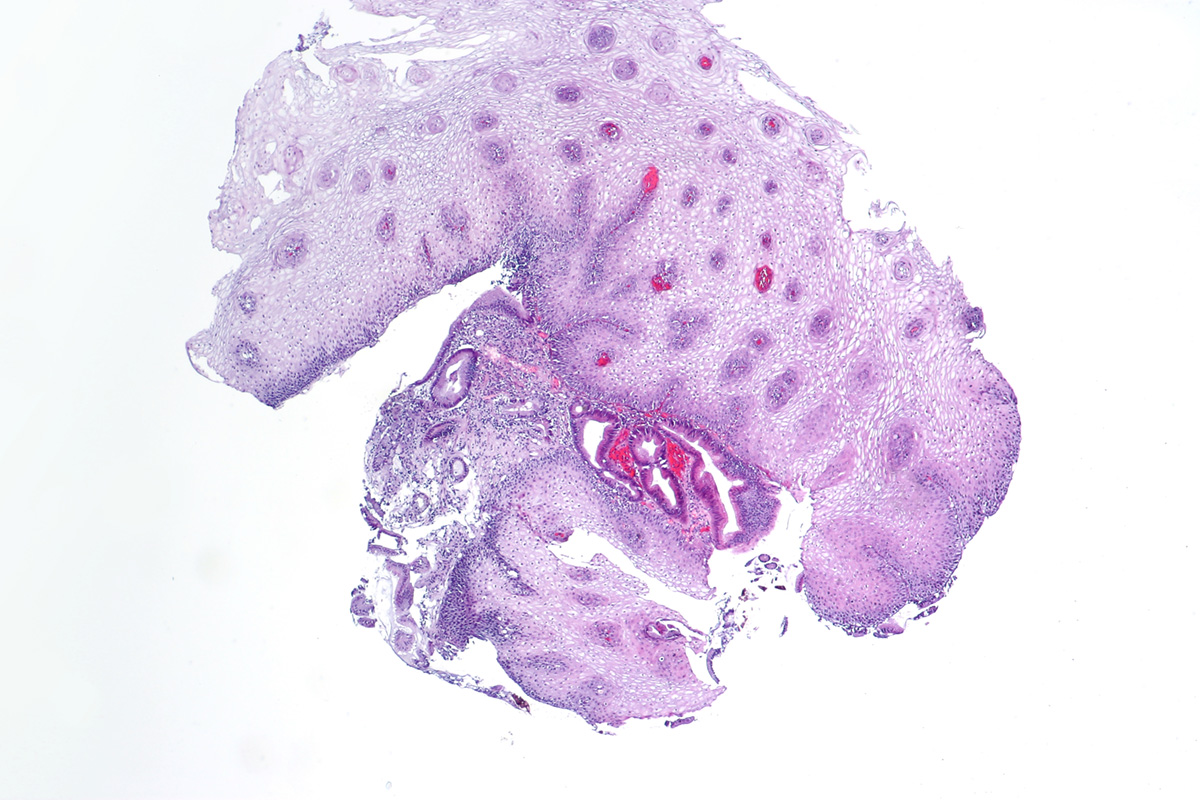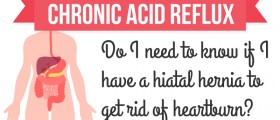
Acid reflux disease and gastroesophageal reflux disease (GERD) are medical conditions characterized by some similar symptoms, including the heartburn. However, some patients suffering from acid reflux don’t experience heartburn symptoms. Even the diagnosis, whether the patient suffers from acid reflux of GERD, is based upon the symptoms patient present to the doctor.
Typical Symptoms
Heartburn is the most common symptom in both diseases, and patients experience burning feeling, usually going upwards from the stomach or the lower part of the chest to the neck. The problem usually arises after the meals, or when the patient is lying down, bending the body or straining. Many times, antacid medications can relieve the problem. If you experience these symptoms, it is almost certain that you are suffering from GERD and the treatment used to manage GERD will probably work for you.
Other common symptoms may include: discomfort behind the breastbone, regurgitation of the stomach acid or the bile or excess saliva in the mouth (which is known as waterbrash). Some of the patients may experience odynophagia or painful sensation while swallowing the food. Odynophagia is the condition which requires urgent consultation with your doctor, because it may be provoked by serious esophagitis, bleeding and ulceration, or, sometimes, by scars from old episodes.
Atypical Symptoms
Symptoms of the heartburn may also be very similar to angina or the pain felt during the heart attack. The pain might be localized in the center of the chest or in the upper part of the abdomen, and there is also a possibility to experience bloating of the chest or the abdomen. For both the patient and medical personnel, it is very hard to differentiate these two types of pain, heart attack and acute GERD heartburn. People usually describe both pains in similar terms, when it comes to the quality of the pain.
In most cases, emergency ambulance will look at the electrocardiogram (ECG) and angiogram first, and then decide the treatment. They noticed that almost the half of all patients with normal ECGs and lack of coronary disease (as seen on angiogram) experience acute GERD symptoms, rather than heart attack. Also, angina pain is usually associated with physical activity and/or mental and physical stress, while GERD is not.
Respiratory Symptoms
Coughing, wheezing and breathlessness are the respiratory symptoms that may occur in patients suffering from GERD or acid reflux. Any unexplained cough that lasts for more than two weeks may point to GERD. Coughing in general is more prominent in non-smokers suffering from GERD, and patients with permanent cough who don’t have asthma are commonly diagnosed with GERD. However, smokers can also experience similar symptoms, but they are more likely to be caused by COPD (chronic obstructive pulmonary disease) or lung cancer.

















Your thoughts on this
Loading...